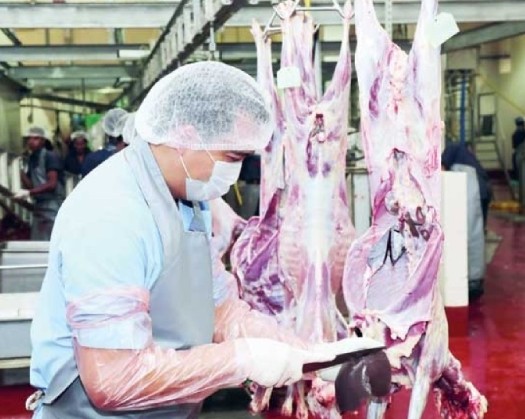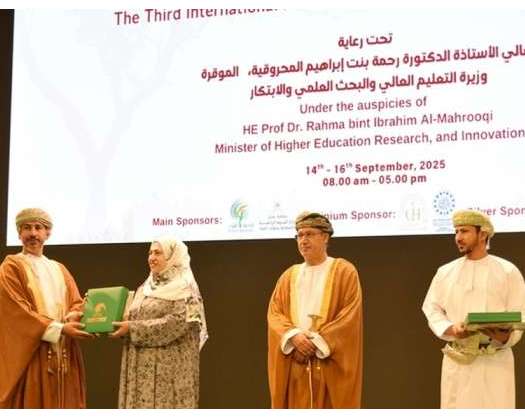With Eid al Adha fast approaching, the Ministry of Agricultural, Fisheries, and Water Resources (MoAFWR) has issued crucial guidelines to guarantee safety during the animal slaughtering process.
These guidelines are designed to inform the public about the importance of hygiene and safety when purchasing and preparing animals for sacrifice, ensuring that they are safe from any health hazards.
The ministry emphasizes the necessity of ensuring that animals are healthy when purchasing them, as diseased livestock can pose serious health risks to humans.
Furthermore, it is advised to utilize municipal slaughterhouses to uphold public health standards.
The ministry has outlined essential precautionary measures to be followed before, during, and after the slaughter, including the need to ensure that animals are free from external parasites such as ticks.
The individual responsible for the slaughter must be in good health, without any wounds or injuries, and must utilize protective gear.
Following the slaughter, it is crucial to properly and hygienically dispose of waste, avoiding open areas to prevent the spread of infections.
Numerous zoonotic diseases, such as Crimean-Congo hemorrhagic fever, a fatal viral illness transmitted by ticks with a mortality rate of approximately 40% in humans, can be contracted during the slaughtering process.
Zoonotic diseases are infections that can be transmitted between animals and humans through various direct or indirect means, including respiratory, digestive, ocular, or skin contact, as well as bites from ticks, mosquitoes, and lice.
It is essential for the well-being of citizens and residents that these guidelines are strictly adhered to, in order to promote health awareness within the community.
The ministry emphasizes the importance of abiding by these guidelines to safeguard the health of citizens and residents, as well as to enhance health awareness in the community.











